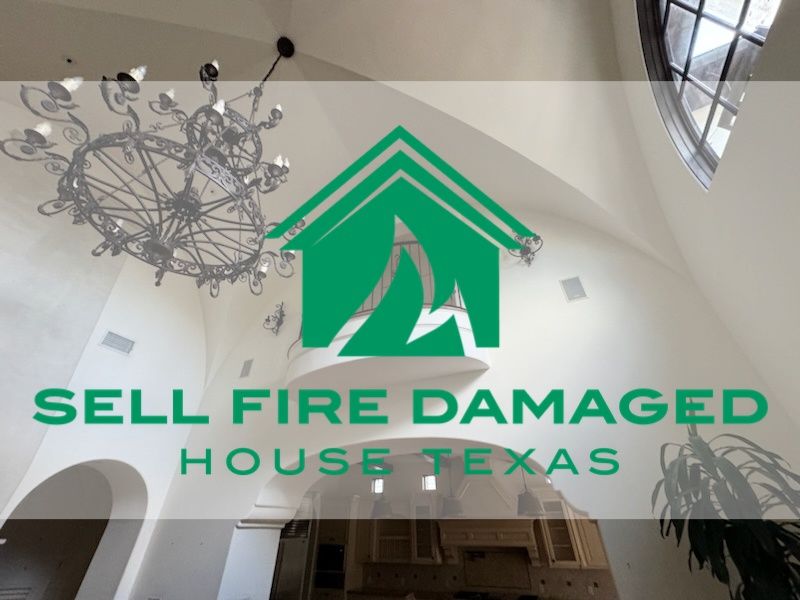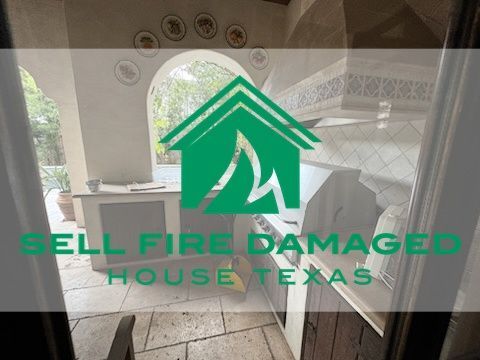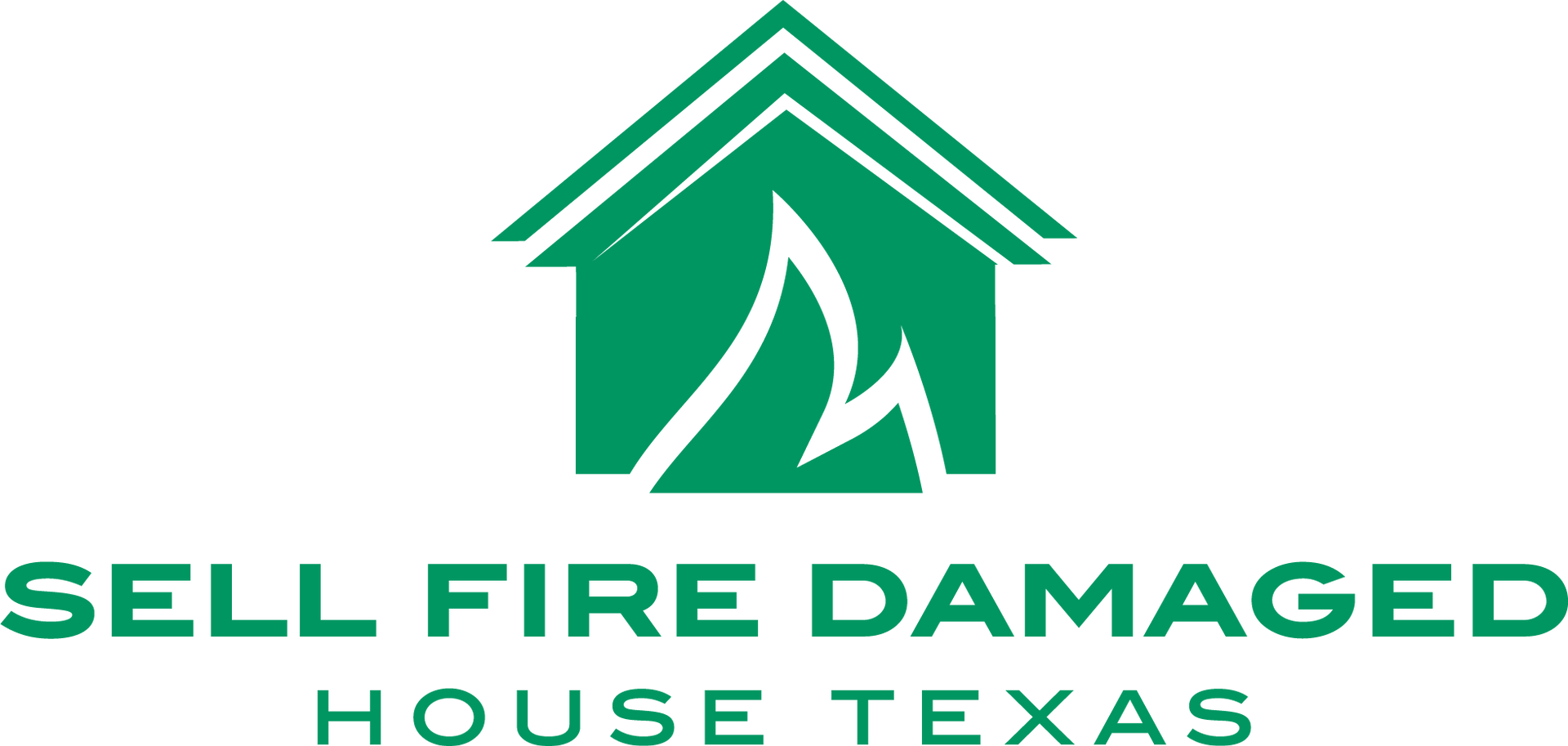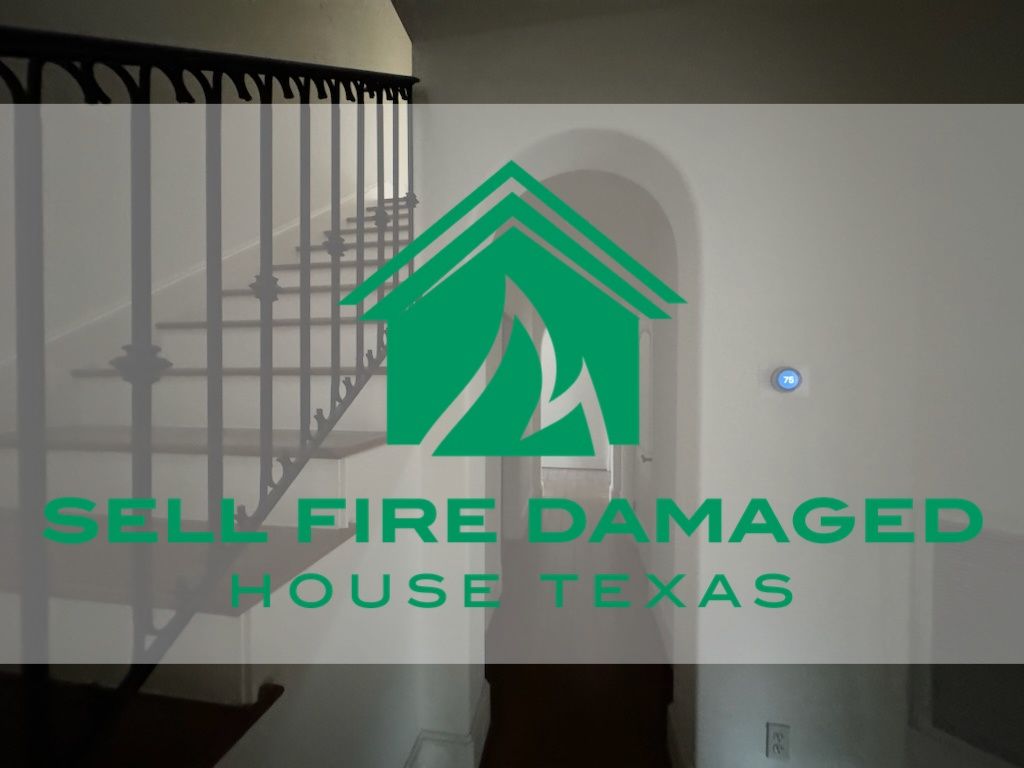Will Insurance Cover A House Fire Started By A Cigarette In Texas?
Published on February 05th, 2025
Free Offer Form
We will get back to you as soon as possible.
Please try again later.
If a fire is accidental, it is typically covered by home insurance policies. Most home insurance policy exceptions apply if the insured person intentionally set the fire or was grossly negligent regarding fire safety.
However, according to the
NFPA's report from 2012-2016, smoking materials caused about 18,100 house fires a year. Smoking was the main reason for most cases of house fire-related deaths during this time.
With such a high risk of fire damage, homeowners may wonder if their insurance policy covers a house fire caused by a cigarette.
To help avoid costly damages, we'll answer the question, "Will my insurance cover a house fire started by a cigarette?" and related questions.
Fundamentals of Homeowner's Insurance and Fire Coverage In Texas
Homeowner's insurance is a financial safeguard against losses from various damages, including fire, wind, hail, theft, etc., and can cover additional living expenses during home repairs.
Fire coverage, a crucial part of this policy, helps cover repairing or rebuilding costs and replacing personal property damaged by fire.
Exploring Homeowner's Insurance
A homeowner's policy can help partially recover the cost of repairs if your home or belongings get damaged.
For fire damage, the insurer will pay you back for any losses, but only up to how much your insurance is worth.
This way, you can partially cover damages caused during a fire and replace damaged belongings without paying all the repair costs involved.
Purpose and Benefits of Homeowner's Insurance
Homeowners can avoid paying significant out-of-pocket fees following a house fire. Listed below are some benefits of insurance:
- Financial Risk Protection for Property Damage: It pays for home repairs and rebuilding fees due to unintentional significant damage to your property.
- Personal Property Coverage: It provides money or compensation for personal belongings lost in the fire, like clothes, electronics, and furniture.
- Liability Protection: It can help cover legal and medical bills caused by the house fire.
- Additional Living Expenses (ALE): Covers temporary housing and living expenses.
- Hastens the Recovery Process: Home insurance can expedite the recovery and rebuilding process by providing the necessary funds promptly.
Insurance Coverage for Different Fire Types
As mentioned earlier, the NFPA's report on house fire statistics showed that smoking was the reason for most cases of fire-related deaths at home in 2012-2016.
However, homeowner's insurance policies cover a range of fire types, including accidental, natural, and intentional house fires. The coverage for each type of fire may vary depending on the policy's terms and conditions.
- Accidental Fires: Refers to fires from incidents like cooking or electrical issues.
- Natural Fires: Those caused by natural events such as lightning or wildfires.
- Intentional Fires: This excludes coverage for fires set deliberately by the policyholder but may cover arson committed by others.
Accidental vs. Intentional Fires: Insurance Viewpoint
Every insurer has different policies regarding handling claims related to fire damage.
Accidental fires that occur due to unforeseen circumstances or negligence are usually covered by insurance policies.
However, intentional fires such as arson, like, say, an intentional fire accident due to tenant, or fires set deliberately through misuse of heat sources, will likely result in denied coverage.
If an adjuster can determine that a fire was started on purpose, the policyholder may not only be denied coverage but could also face legal consequences.
Insurance Coverage for Fires Ignited by Cigarettes In Texas
If smoke accidentally starts a fire, insurers usually pay for the repairs and damages. But, if the fire was set on purpose, they won't cover it.
For house fire aid without insurance, several organizations are available to help house fire victims navigate the recovery process.
Hazards of Cigarette Fires
Cigarette fires often originate in bedrooms, living rooms, or dens due to carelessly discarded smoking materials. They're a leading cause of fire damage.
It's important for smokers to be careful, as cigarette hazards are one of the typical house fire origins in the U.S.
How Cigarettes Can Ignite Fires
A cigarette can easily start a fire if it's not carefully put out or left near things that can burn, like furniture or trash.
It can burn slowly without being noticed and lead to a big fire.
This can happen if a smoker falls asleep with a lit cigarette or doesn't throw it away properly.
Insurance Protection for Cigarette-Induced Fires
A homeowner's fire insurance policy typically includes coverage for unintentional smoke damage caused by cigarettes.
However, the coverage may depend on the terms and conditions of the insurance provider.
Factors Affecting Insurance Coverage for Cigarette Fires
In addition to checking the terms and conditions the policy covers, an insurance adjuster will consider several other factors when evaluating a claim for a fire started by a cigarette.
- Location of the Incident: Most insurance policies might have specific clauses about where a fire occurs (inside or outside the home) that can affect coverage.
- Evidence of Smoking Rules: If a homeowner has explicit rules for renters against smoking in the home and a fire still occurs due to a cigarette, this could impact the claim process.
- Previous Claims: Homeowners with a history of claims, especially related to smoking, may face limitations on coverage or higher premium costs.
- Compliance with Safety Regulations: Adherence to fire safety regulations can influence coverage. A notable lack of smoke detectors, for example, might affect fire claims.
Role of Negligence and Liability in Coverage
If you're renting and something goes wrong, contact your homeowner immediately.
One of the main landlord obligations is ensuring homes are safe and in good condition. If they don't follow their duties and someone gets hurt, they will be appropriately penalized.
Usually, these problems are resolved because property insurance covers the payments.
Claiming Insurance for Fires Caused by Cigarettes
When dealing with a fire caused by a cigarette, you may need a few house fire insurance claim tips to ensure a smooth insurance claim with your insurance adjuster and company.
Throughout this process, knowing how to deal with insurance adjuster after a house fire is key; provide the insurer with all the evidence necessary to support your claim.
Post-Cigarette Fire Claim Steps
First, document all smoke damage by taking photos and videos, and make a detailed list of damaged personal items as soon as your local firefighters contain the fire. Include their estimated value and purchase date.
This is important in determining the compensation for the damage caused by fire on personal property.
Next, promptly contact your insurance company to file a claim. They will send out fire investigators to validate your claim.
The Role of Insurer's Investigation in Claim Process
The insurance company's adjusters or fire investigators will check each claim to stop insurance fraud. They'll look into how the fire started, what the homeowner did, and how much smoke damage there is.
This helps them decide if the claim is valid, whether it should be paid, and how much money the homeowner should receive to cover the damages.
Risk Reduction and Preventative Measures In Texas

Risk reduction can ensure a fire is less life-threatening.
To stop fires from cigarettes, always smoke outside, put cigarettes out in ashtrays, don't smoke in bed, and ensure cigarettes are completely out before you throw them.
Safeguards Against Cigarette Fires
To protect against cigarette fires, it's crucial to follow proper disposal practices and be aware of the risks associated with neglecting safety measures.
Safe Cigarette Disposal Practices
To avoid any smoke damage caused by cigarettes, smokers should follow these steps:
- Ensure cigarettes are completely put out.
- Use a strong ashtray with sand.
- Wet cigarette butts and ashes before disposal.
- Avoid smoking in bed or near materials at risk of combustion.
- Ensure all smoke alarms and fire extinguishers are working.
The Consequence of Ignoring Safety Measures
Not following cigarette safety rules could lead to big fires. This can hurt people, destroy things, or even cost someone's life.
If smokers don't put out cigarettes properly or smoke near things that can catch fire, they're more likely to start a fire.
This also makes insurance claims harder if the smoke damage was due to carelessness.
Importance of Smoke Detectors and Fire Extinguishers
Putting in smoke detectors and fire extinguishers is important to stay safe and protect your home from fires.
According to the NFPA, most people who die in fires don't have working smoke detectors. Knowing where to place smoke detectors and having an efficiently-set up smoke detector system can help alert you.
Working smoke alarms can cut the risk of dying in a fire by half.
Regular Maintenance and Checks: Why They Matter
Knowing your insurance policy is important, especially for fire safety. It's key to keep smoke detectors and fire extinguishers working well and to check them regularly.
This can help prevent fires and meet the insurance safety needs of most people.
Effect of Preventative Measures on Insurance Premiums
Installing smoke detectors and fire extinguishers, along with doing regular safety checks, can lower your insurance cost.
The construction materials used in your home can also affect your fire insurance premiums.
Understanding Your Insurance Policy In Texas
Fire insurance helps cover fire damage to your property. It's usually part of your home insurance.
Reading what homeowners' insurance cover can ensure it meets your needs in case of fire damage.
Breaking Down Insurance Policy Components
Understanding your insurance policy's details, such as coverage limits, deductibles, and what's not covered, is crucial.
This knowledge should help you grasp the extent of your protection and the costs involved, including your premium and what aspects of your property are covered.
Policy Limit, Deductible, and Coverage Type
A homeowners insurance policy includes three main parts: the policy limit, deductibles, and coverage type.
- The homeowners' policy limit is the most the insurer will pay for a loss.
- The deductible is the amount you pay before the insurance payout covers the rest.
- Coverage type decides what kinds of damage the policy covers.
These parts work together to define what homeowners' insurance covers, how much you can get from a claim, and what costs you'll need to handle yourself.
Premium Cost and its Determining Factors
Your insurance premium cost is based on your home's location, worth, past claims, and how much coverage you want. The type of building and safety features also matter.
Adding security measures can help lower your premium while keeping your home safe.
Explaining the Compensation Process
Right after a fire occurs, the first step is to contact your insurance company or agent.
Insurance adjusters specializing in these situations will then look at your claim, check the damage, and determine how much payout you should get.
How Compensation Amount is Determined
The compensation you get is determined by your policy's coverage limits, deductibles, and the value of the smoke damage, considering depreciation.
Some other factors that may be considered include the policy limit, the damage extent, and repair or replacement costs.
Circumstances Leading to Claim Denial
Claims may be denied due to several factors, including the following:
Overestimating the value of lost or damaged property- Insufficient documentation of the loss
- Failure to pay homeowners' insurance premiums
- Intentional damage, like arson
- The property was underinsured

Frequently Asked Questions
Learn whether homeowners insurance covers a fire caused by smoke damage with these questions.
Will My Insurance Cover a Fire Started by a Cigarette?
Yes, if the smoke damage was accidental, home insurance policies typically cover fire damage. Note that your coverage might not apply if the fire was set intentionally.
What Steps Should I Take after a Fire Caused by a Cigarette?
Some post-house fire actions include contacting your insurance company or agent immediately, documenting all damages with photos and videos, and listing personal items damaged by the smoke.
How Can I Prevent Fires Caused by Cigarettes?
Tips on how to prevent house fires include finishing your cigarette outside, using deep, sturdy ashtrays, never smoking in bed or when tired, and ensuring your cigarette is fully extinguished before disposal.
What Types of Fires Are Not Covered by Homeowner’s Insurance?
Fires not covered include those set intentionally by the policyholder and possibly uninsured property damage cases.
How Does Insurance Determine if a Fire Was Accidental or Intentional?
Home insurance adjusters investigate the cause of the fire damage by considering factors like the incident's location, adherence to safety regulations, and any evidence of intentional acts or negligence.
Conclusion
Homeowners need to know how their insurance covers fires started by cigarettes.
Learning about how being careless affects coverage, following safety rules, and knowing what their policy says
can help them deal with fires better.
Keeping your home's smoke detectors and fire extinguishers well-maintained and understanding insurance can lower risks and make recovery easier if there's a fire.
Free Offer Form
We will get back to you as soon as possible.
Please try again later.
We Buy fire damaged homes all over TX
List of Services
-
Houston
-
San Antonio
-
Dallas
-
Austin
-
Fort Worth
-
El Paso
-
Arlington
-
Corpus Christi
-
Plano
-
Lubbock
-
Laredo
-
Irving
-
Garland
-
Frisco
-
McKinney
-
Grand Prairie
-
Amarillo
-
Brownsville
-
Killeen
-
Denton
-
Mesquite city
-
Pasadena
-
McAllen
-
Waco
-
Midland
-
Carrollton
-
Lewisville
-
Abilene
-
Pearland
-
Round Rock
-
College Station
-
Richardson
-
The Woodlands
-
League City
-
Odessa
-
Beaumont
-
Allen
-
Sugar Land
-
Tyler
-
New Braunfels
-
Edinburg
-
Wichita Falls
-
Conroe
-
San Angelo
-
Temple
-
Bryan
-
Mission
-
Georgetown
-
Baytown
-
Atascocita
-
Longview
-
Pharr
-
Flower Mound
-
Cedar Park
-
Mansfield
-
Missouri City
-
Leander
-
Harlingen
-
North Richland Hills
-
San Marcos
-
Pflugerville
-
Victoria
-
Rowlett
-
Spring
-
Wylie
-
Euless
-
Kyle
-
DeSoto
-
Texas City
-
Port Arthur
-
Little Elm
-
Burleson
-
Galveston
-
Rockwall
-
Grapevine
-
Bedford
All Rights Reserved | Sell Fire Damaged House Texas
Terms & Conditions - Privacy Policy - Sitemap

